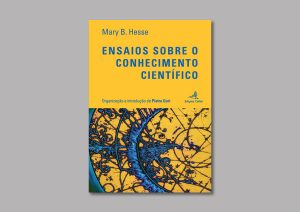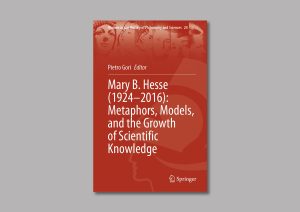Mary B. Hesse (1924-2016) played an important role in contemporary philosophy of science. Her name is associated with the study of the metaphoric and analogical vs. literal value of scientific language, as well as with the attempt to develop a new epistemology based on a discipline of rhetoric for science. At the time when the seeds of an integrated approach to the history and philosophy of science have been planted, Hesse represented a woman philosopher who provided an original contribution to the field based on a post-empiricist view of natural sciences as hermeneutic redescription of the domain of the explanandum.
The aim of the project is to explore all the aspects that should be considered in order to provide a comprehensive account of Hesse’s view and legacy, the latter including, on the one hand, the impact her ideas have on the ongoing debate on scientific realism (with special attention to the issue of scientific modelling) and, on the other hand, the way these ideas might influence the dissemination and teaching of science.
More precisely, the project will focus on Hesse’s “new epistemology for science”, among whose elements we find the idea that there is no universal account of how we know, just as there is no single account of methodology in the sciences. Hesse’s rejection of any literal view of language combined with the idea that all theory is interpretive – i.e. that a hermeneutical character pertains to the natural sciences as well as to the social and human sciences – determined that the traditional positivist conception of science must be substituted with a more flexible view. This view has important theoretical consequences, for it reopens the old debate between scientific realism and instrumentalism. Furthermore, insofar as it makes it palpable that there is no room for an account of scientific knowledge in terms of accumulations of true empirical statements, the critique of the empiricist presuppositions demands us to take care of the problem of objectivity and cumulative progress in science, a burning issue in the current debate on scientific modeling which includes attempts to preserve moderate forms of realism (e.g. fictionalism and perspectivism). These attempts might profitably dialogue with Hesse’s view, given that she defended a consensus theory based on the idea that a “moderate realism of pragmatic success” might be maintained in epistemology. Finally, the project aims to show that a thorough exploration of the engagement of Hesse’s work with ongoing discussions can provide us with an account of analogical reasoning that, as Nersessian observed, allows us to better understand “the nature of the intellectual work done with models”.





